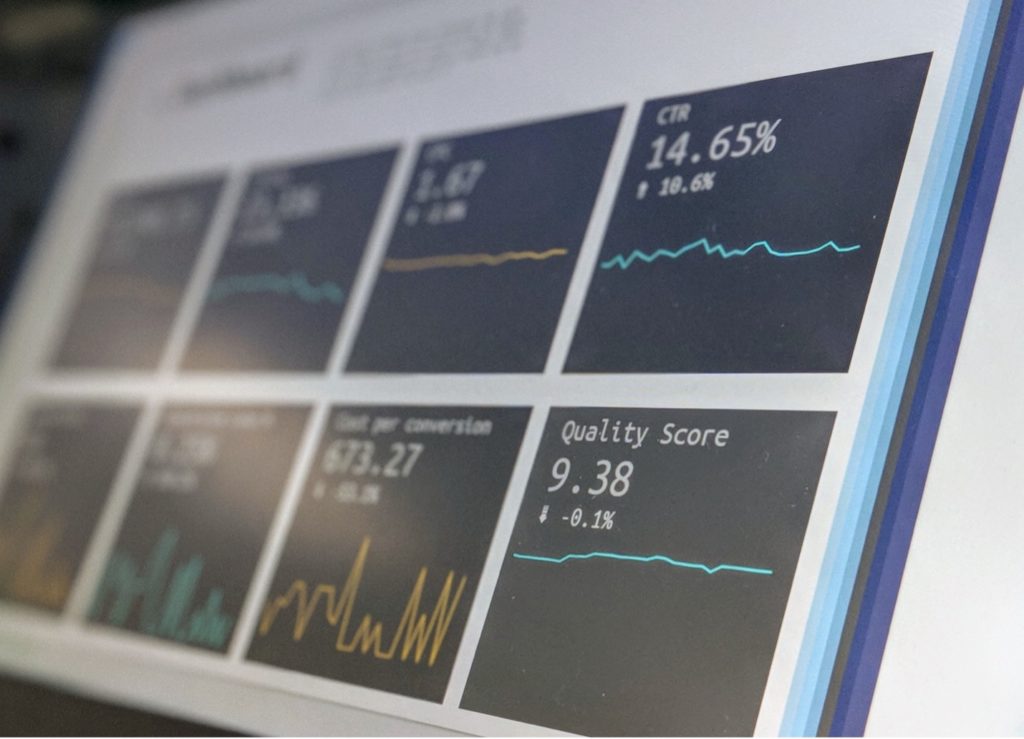Each customer purchase, social media comment, search engine query, store visit and everything in-between generates an abundance of data valuable to your company. Is your business using the power of this data to its advantage?
Thanks to rapidly growing technology, big data technologies are no longer exclusive to the corporate giants with bottomless purses. Now, businesses – no matter how big or small – can use big data analytics to gain access to high-quality information and make strategic decisions.
If you’re looking to make use of the goldmine of information available at your fingertips, here’s a rundown of what you’ll need to know before you make a start.
What exactly is big data?
As a phrase that seems to be everywhere right now, there’s no doubt that big data is going from strength to strength in Australia. But what exactly is it? Put simply, it’s larger, more diverse, and more complex data sets, that are so voluminous that conventional data processing software just can’t manage them.
Until recently, it remained merely a buzzword for many companies. Now, more and more are embracing its power as they turn to data to tackle their business issues and combat the complexity of our modern world.
How to put the analysis to work
Data collection is only a cog in the machine when it comes to making the most out of your initiatives. Putting it to practical use through analytics is where it becomes truly valuable.
Data analytics refers to collecting, processing, cleaning, and analysing large datasets to help organisations utilise their information.
With today’s technology, organizations can collect both structured and unstructured data from a variety of sources — from cloud storage to mobile applications to social media content and beyond. After data is collected and stored, professionals need to get it ready for analysis by filtering out any not-so-useful information to ensure that what they’re working with is high-quality data. This could mean removing major errors, duplicates, and outliers, as well as smaller errors such as typos. Finally, after data is polished, the analysis stage turns raw data into actionable insights by identifying patterns, relationships, and trends.
The potential benefits for your business
The value and benefits of big data shouldn’t be overlooked by a business of any size – but small businesses are often too quick to sidestep its importance. If you believe that your business is too small for big data, then you might want to look at some of the advantages you could be missing out on…
- It can reduce your overall costs: You can obtain the information needed to pinpoint inefficiencies in your operations and resolve these issues. For example, data may reveal that customers have no interest in purchasing a certain item from your food menu. So, it’s probably best that you learn this before placing an expensive bulk order with your supplier and increase your operational costs.
- You could increase your sales and revenue: Get significant insight into the preferences and desires of your customers. With this, you can tailor your products and services to satisfy the needs of your audience and potentially boost sales.
- Solve your problems more efficiently: You can quickly uncover the causes behind issues, defects, and failures. Using data to uncover problems helps you to eliminate the guesswork, monitor patterns, and identify potential future problems early on.
- Improve your pricing decisions: Data tools can help assess your businesses finances and your pricing structure in relation to competitors. Through data, small businesses can determine if they should raise or lower prices and improve overall profitability.
The risks involved
Despite its many benefits, there are some risks that you should be aware of surrounding any data-related exercise.
Complex data sets require accurate analysis to yield effective results. There are hidden biases, errors, and inaccuracies throughout the analysis stage. Companies that fail at identifying these could slow down the process and risk implementing misguided strategies, gearing the business in the wrong direction.
The biggest risk is likely to be data privacy. Companies across the globe hold sensitive data, personal customer information and strategic documents. Having so much confidential data lying around can make your company vulnerable to cybercrimes. In fact, small business is the target of 43% of all cybercrimes in Australia, and the issue has been on the rise since the start of the pandemic.
We can help you manage your data and information risk
If your business is looking to factor in big data, having adequate cyber insurance in place is an important step in the process and your risk management strategy.
Contact us today to find out how Allsure can help you.

